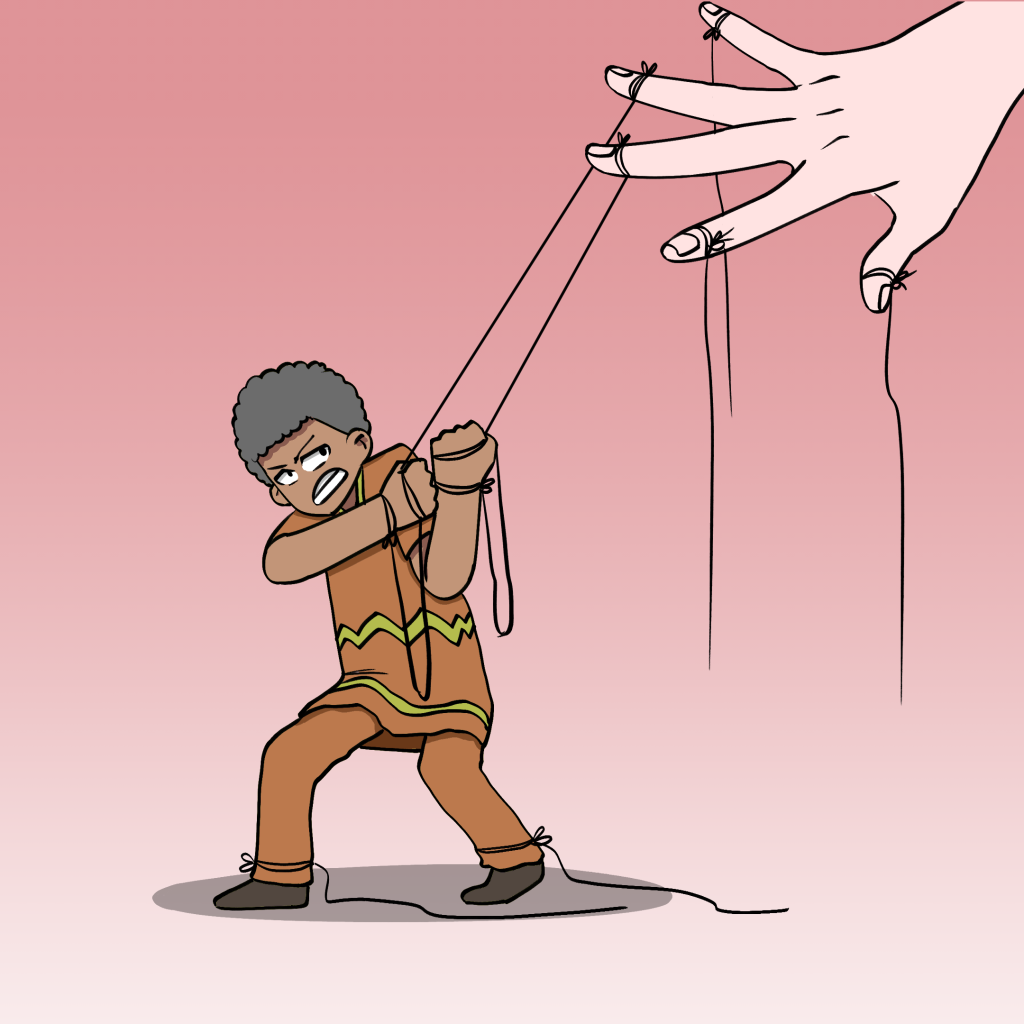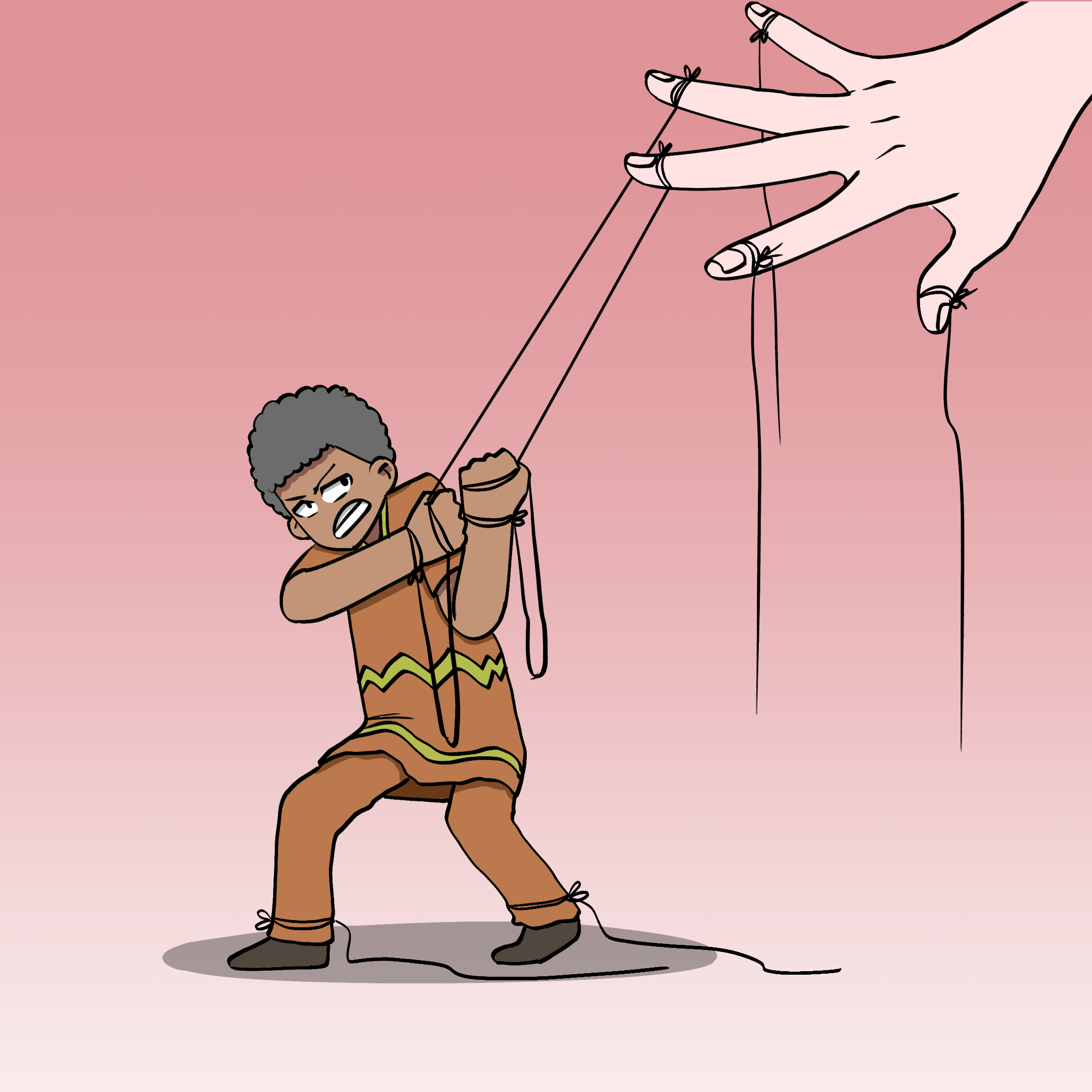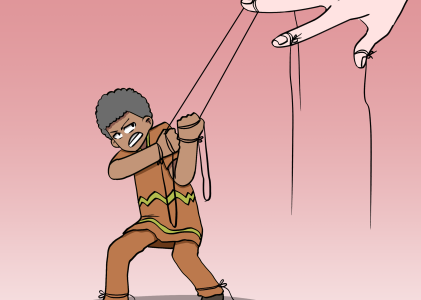
Back in 2016, I was a Programme Manager at a national-level CSO/Think Tank based in Kampala, Uganda. A significant part of my job included spending an unhealthy amount of time responding to Calls for Proposals from international funders. At the time, I had somehow got it into my head that European bilateral funders were the most desirable, in part because they were also the most vocal on democracy, governance rights, access to opportunities, and non-discrimination – exactly the type of work we did. It felt that if I managed to land one of these funders, it would be a partnership made in heaven.
Fast forward to eight years later in 2024. I read the Too Southern To Be Funded report by the #ShiftThePower movement, and parts of it broke my heart. The report revealed various governments in the Global North have laws and practices that dictate their funding will only go to civil society organizations (CSOs) in their own countries before that funding can go to any Global South CSOs. For example, funding from the Belgian government can only be accessed via 88 Belgian NGOs accredited by its government. CSOs that apply for support from Iceland need to register in Iceland: those outside Iceland don’t stand a chance. “Between 2015 and 2020, 18 Iceland CSOs received funding, with 94% channeled through five organizations.”
There might be people reading this and thinking, of course, governments prefer CSOs in their own countries. Aid is political – dummy. Perhaps I was naïve, but whenever I saw a Call for Proposals from a Global North government, I too believed I stood a chance. If only I could put in the hours and apply. I suspect there are many in the Global South who also still believe this.
The report revealed to me that when Northern governments put out Calls for Proposals, they are not really open to everyone. One must be able to look beyond the façade and be aware of the formal and informal ways in which Global South organizations are prevented from ever qualifying. For example, only German organizations can apply for civil society funding from the BMZ, and Global South organizations can only apply to the German organizations that are already funded by the German government.

Years later and thinking back at the countless hours I spent writing proposals, what stings me now is not that those proposals were not successful. It is the façade that I stood a chance because this funding had already been ring-fenced for CSOs based in the North. Indeed, donor countries have made big pronouncements about supporting and strengthening CSOs. But when one starts to follow where the money goes, what becomes clear is that donor governments are referring to civil society in the North and not the South. Only less than 10% of CSO funding from Global North governments goes to Southern CSOs directly. The other 90% must swim through CSOs based in the North before it can get to the South. Even more shocking is that there is no systematic way to track how much of the 90% eventually makes it to the South. That number is whatever “statisticians” want it to be.
Why does such a deliberate scheme to keep Global South civil society underfunded even exist? The elephant in the room is that within the sensibilities of Northern governments are deep attitudes of distrust towards the Southern civil society, based on misconceptions around its capacity to handle sums of money tied up with assumptions of guilt and fraud. All this despite a study commissioned by the Dutch Ministry of Foreign Affairs showing that assumptions around risk are “not grounded in empirical evidence.” The most vocal countries on non-discrimination are also responsible for designing, and to this day still running some of the most discriminatory international funding schemes. Denying equal access to anyone who isn’t from the “right part” of the world while maintaining the façade that their opportunities are open to all.
In many Southern countries, CSOs are already navigating a shrinking civic space in part caused by state assumptions that they are tools of foreign interests, funded by foreign powers. Ironic that the same foreign funding that has de-legitimized us has also been systematically withheld from us, by the very “allies” we thought would “get it.”
In writing this piece, my intent was to speak to CSOs in the South and not the North. But for a few seconds, I must turn to speak to our allies in the North. Some have worried that removing the geographical restrictions to this funding will exclude Northern CSOs. Ours is not a struggle of zero-sum wins, with some parties losing and others winning. It’s a struggle against aid discrimination. It’s collaboration we seek, not exclusion. We wish to dismantle and build away from aid inequity, not to inherit it.
In many Southern countries, CSOs are already navigating a shrinking civic space in part caused by state assumptions that they are tools of foreign interests, funded by foreign powers. Ironic that the same foreign funding that has de-legitimized us has also been systematically withheld from us, by the very “allies” we thought would “get it.” Distrusted by both governments in the North and the governments at home has left Southern CSOs as “too southern to be funded” by Global North governments, and “too Northern” to be trusted by governments in the Global South. How should Southern civil society respond?
If, like me, you ever had to wait with bated breath as Northern governments reviewed your carefully prepared proposal, please take a few minutes to look at the formal and informal practices they have used to lock out Global South CSOs, and sign the open letter to call this out. “For a long time, information on geographically restricted funding for CSOs has been largely opaque and in some cases challenging to grasp fully” but that is changing. Studying the ways in which aid remains restricted has been the progressive discovery of how little we still understand the racist schemes of the international aid system. Hopefully, in starting to understand the ways in which CSO funding is restricted from the Global South, we can start to consider the roads not taken and to design a system that works for us.
Studying the ways in which aid remains restricted has been the progressive discovery of how little we still understand the racist schemes of the international aid system.
From my vantage point, in places such as Brazil, Ghana, Kenya, India, and many others, there is an increasing visibility of a movement of communities showing up as active funders of their own struggle and using the local resources available for civil society organizing. The international aid system has its rules that all must play by. These include speaking English or French, learning the jargons and building relationships with Northern funder. However, there are many in Southern civil society and movements who continue to do the social justice work without international funders, and mainly using the available local resources. Infusing local resources in our struggles legitimizes us. The initial steps would involve surfacing and counting the local resources we have always invested because they have always been here. So that international funds will only complement what is already there, and not undermine or replace it in a way that delegitimizes local struggles.
One of the great tricks of the international aid system is that it has robbed us of our imagination. It’s quite difficult for us to imagine a future in which international aid is not the dominant system of funding development work. Yet, when one looks at the shrinking civic space in various countries around the world, and how governments from India to Georgia to Uganda to Brazil are thinking creatively about how to restrict international flows for civil society. It quickly becomes evident that future is already here for some civil society actors. International organisation that are truly interested in supporting civil society sustainability must think about how to support the growth of local resources as a long term strategy for CSO sustainability because it is those local resources that will hold up civil society when the international money have become difficult to move. May the roads we opt not to take or the bridges (of over-dependence and false promises) that we burn light the way forward to alternative local places to mobilize the resources that we need. Resources that have always been here at home, but we were looking too far away to see what is next to us.
Eshban is the Knowledge Weaving and Influencing Manager at the Global Fund for Community Foundations.

